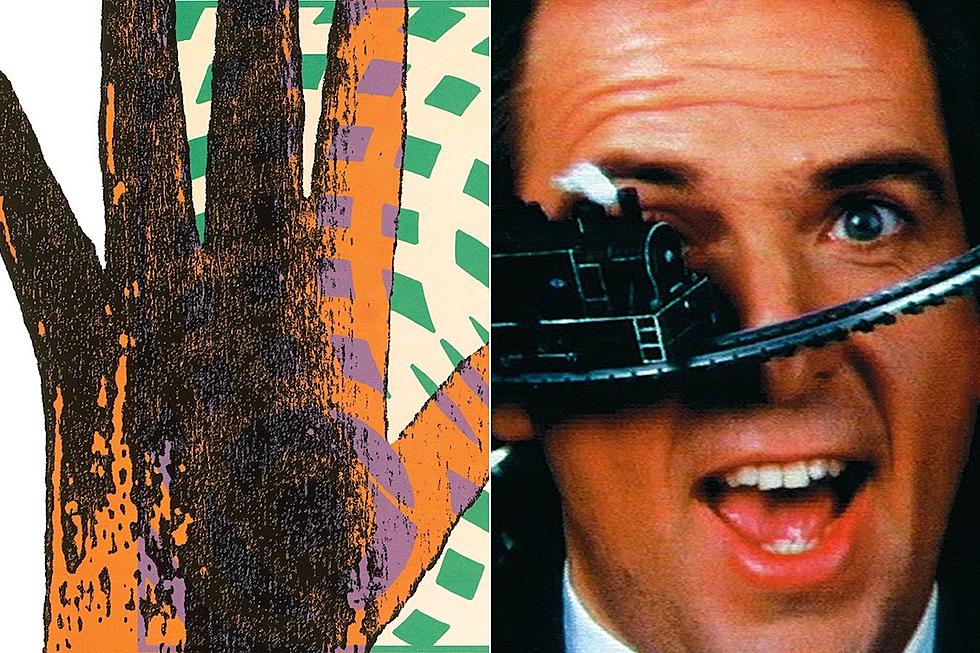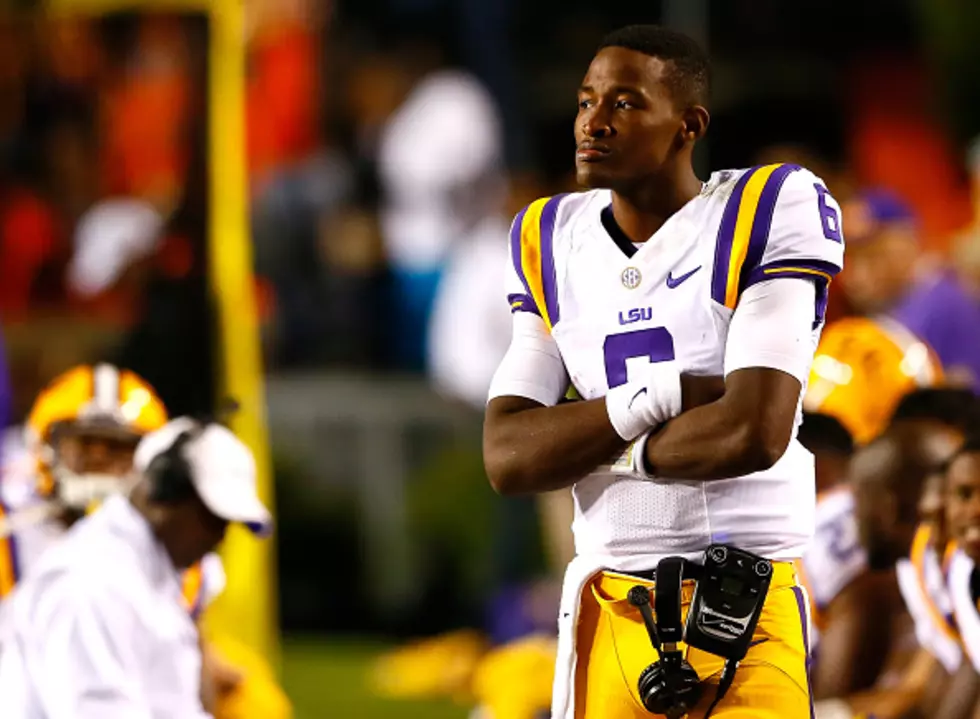
Grief And Fried Chicken: How Southerners Deal With Loss
Over the past few weeks, this nation has suffered great losses due to violent acts. Lives were taken away, and families are struggling. While we are reeling from those deaths, the natural consequence of life is still taking place in homes and hospitals all over the world.
Today is the one year anniversary of my favorite cousin dying in a car accident. Meanwhile, a very dear friend of mine is watching her grandmother slowly slip from her mortal coil. Both of my parents passed away before I was 35. People die every day. Sometimes we are prepared for it, like my friend's grandmother, and sometimes we are not, like my cousin and all the people who have suffered from recent violence. But how we deal with that loss is a personal journey of grief, understanding, and letting go.
According to the Kübler-Ross model, there are five stages of grief:
Denial — The first reaction is denial. In this stage individuals believe the diagnosis is somehow mistaken, and cling to a false, preferable reality.
Anger — When the individual recognizes that denial cannot continue, they become frustrated, especially at proximate individuals. Certain psychological responses of a person undergoing this phase would be: "Why me? It's not fair!"; "How can this happen to me?"; '"Who is to blame?"; "Why would this happen?".
Bargaining — The third stage involves the hope that the individual can avoid a cause of grief. Usually, the negotiation for an extended life is made in exchange for a reformed lifestyle. People facing less serious trauma can bargain or seek compromise.
Depression — "I'm so sad, why bother with anything?"; "I'm going to die soon, so what's the point?"; "I miss my loved one, why go on?"
During the fourth stage, the individual despairs at the recognition of their mortality. In this state, the individual may become silent, refuse visitors and spend much of the time mournful and sullen.
Acceptance — "It's going to be okay."; "I can't fight it, I may as well prepare for it."
In this last stage, individuals embrace mortality or inevitable future, or that of a loved one, or other tragic event. People dying may precede the survivors in this state, which typically comes with a calm, retrospective view for the individual, and a stable condition of emotions. (Source: Wikipedia)
In the South, we add food. Lots and lots of food.
When my mother died, we had to clean out Dad's fridge to fit all the leftovers...and that's after we all took to-go boxes home. At my cousin's funeral, there was a literal buffet of different foods that the church provided for lunch after the service.
Food is a major component in Southern life. It's in our DNA. It most likely came from The Civil War when food was scarce, so in order to show someone that you really cared, you would use some of your food as an offering to them. Those traditions stuck, and now we give a casserole or a pan of fried chicken to those who have suffered loss. It's a way to say, "I know you're hurting, and I know you don't feel like cooking, but you need to eat, so I'm helping make your next few days a little easier."
They don't have this tradition in other places. And I'm actually kind of sad for those who don't.
Loss is hard. It is undeniable and also inevitable. We will all suffer grief in our lives, and someday, our loved ones will suffer the grief of our passing. The way to deal with it is to remember those good times...to tell stories of those we miss...to let them live on in our hearts forever...and, if you believe, to know that you may one day see them again.
Until then, if you know someone who is hurting right now, pick up the phone and ask them if they need anything, and even if they say "No," bring them some fried chicken and a pan of Mac-N-Cheese. You will do them good, and help heal their heart just a little, and maybe even put a smile on their face.
God knows we all need a little bit of that right now.
More From 96.5 KVKI









